Your kidneys are pretty vital: They filter your blood and get rid of the waste in the body through urine. They’re also responsible for helping to regulate your blood pressure, producing red blood cells, keeping your bones healthy and more.
But the organs can get damaged, said Dr. Niloofar Nobakht, an associate clinical professor of nephrology at UCLA David Geffen School of Medicine. Damage to the kidneys is often irreversible, and it causes them to be less and less functional over time, leading to chronic kidney disease.
“Chronic kidney disease is the loss of normal kidney function. Many people have it and they may not even know,” explained Dr. Amber Paratore Sanchez, a board-certified nephrologist and medical director of the therapeutic apheresis program at UC San Diego Health.
When it comes to developing kidney issues, there’s an interplay of lifestyle, biological and environmental factors. It’s important to note that sometimes, you can do everything “right” and still end up with kidney problems. They may be a result of genetics, infections or autoimmune issues like lupus.
But don’t be disheartened. With most kidney conditions, “there are still things you can do to help slow the loss of kidney function” even after diagnosis, Sanchez said. There are also ways you can make sure you’re prioritizing your kidney health even before issues arise.
Below, nephrologists share the things they would never do in order to preserve their kidneys for as long as possible:
They do not withhold information about medications and supplements from their doctors.
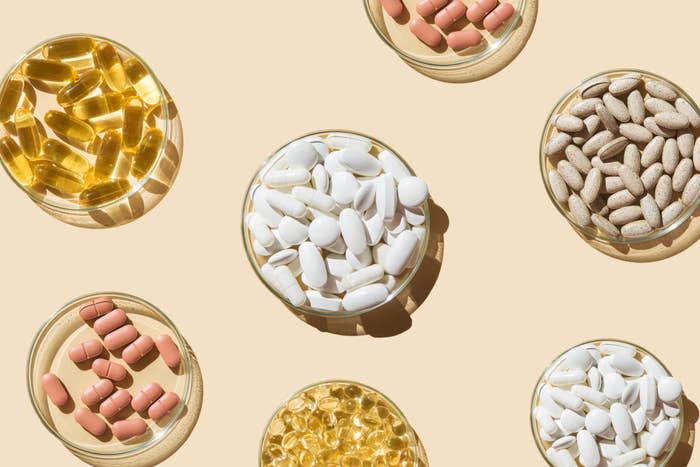

“There have been a number of over-the-counter medications and supplements that have been associated with a loss of kidney function, either chronically or even acutely,” Sanchez said.
These include non-steroidal anti-inflammatory drugs (NSAIDs) like ibuprofen and naproxen, particularly if you’re taking them regularly over a long period of time for a chronic condition. “But they are medications that are very helpful for chronic pain, so talk to your doctor about what would be a safe amount to take,” Sanchez said.
Similarly, dietary supplements can impact your kidneys. For instance, you might be taking a vitamin in excess of what the body needs and this can be hard on the kidneys when “taken chronically at a high dose,” Sanchez explained.
This is why “it’s important to share with your doctor all medications and supplements you’re taking,” Sanchez added. “Some of them can have interactions with medications or have implications for your kidneys that you may not have been aware of.”
They would not neglect managing diabetes, high blood pressure or high cholesterol.
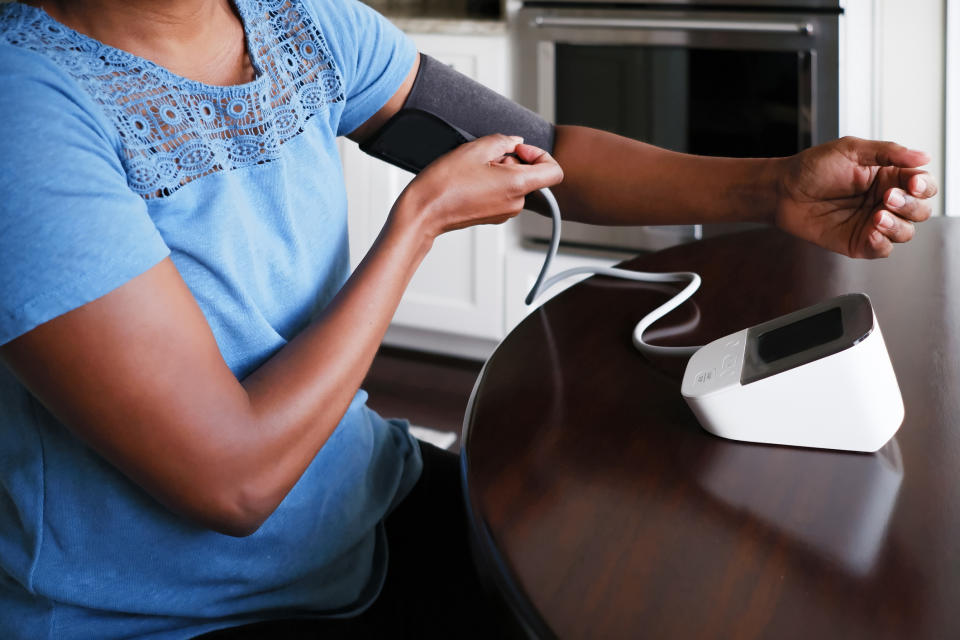

The most common causes of chronic kidney disease are uncontrolled diabetes and high blood pressure, Nobakht said. High cholesterol is another thing to look out for, Sanchez noted, as it can lead to clogged up blood vessels in the kidney.
If you have any of these diagnoses, both nephrologists advised being diligent in managing them together with your medical team to prevent any future damage to your kidneys.
They do not eat excessive amounts of sodium, sugar and red meat.
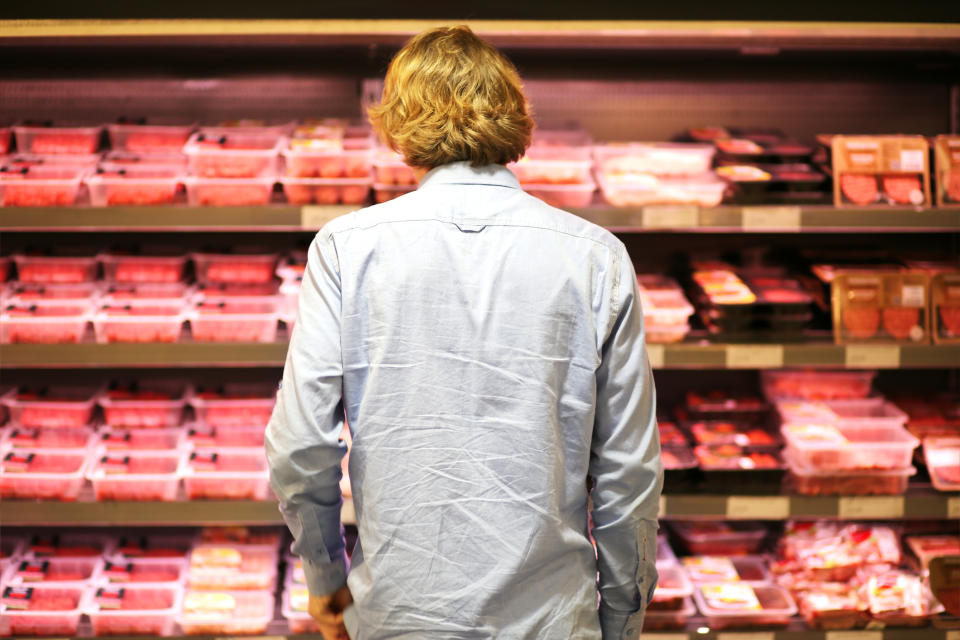

Diabetes, high blood pressure and high cholesterol are directly impacted by what you eat and drink. Nobakht encouraged cutting down on the sodium and processed sugar that you consume.
Sodium, which increases your blood pressure, is found in high quantities in restaurant food, fast food and processed snacks. Consider having less of these types of foods to lower your sodium intake.
Having too much processed sugar in your diet can affect your blood sugar control. Sanchez encouraged reducing the amount of food and drinks containing high amounts of processed sugar, which include sugar-sweetened beverages and treats sweetened with table sugar, like baked goods, ice cream, chocolates and candy.
Sanchez also recommended cutting back on red meat, as this can raise your low-density lipoprotein (LDL) cholesterol ― or “bad” cholesterol ― level. If you eat red meat, have a portion of 3 ounces or less and speak with your doctor about the appropriate serving and frequency for you.
They do not neglect physical exercise.


Exercise can help lower blood pressure and regulate blood sugar levels, which in turn, helps to preserve your kidney function, according to Nobakht. Do some sort of physical activity for at least three days each week, building towards half an hour of movement per session.
They do not forget to replenish their fluids, especially if they’re sweating a lot.


Repeated periods of dehydration can lead to kidney damage, so “people who are in a job that keeps them sun exposed or have a higher level of fluid loss need to make sure they stay hydrated,” Nobakht said.
This advice also applies after you’ve just done any strenuous physical activity, especially if the weather is hot or humid, and you’re losing fluids through sweat.
They will not leave stress unmanaged.
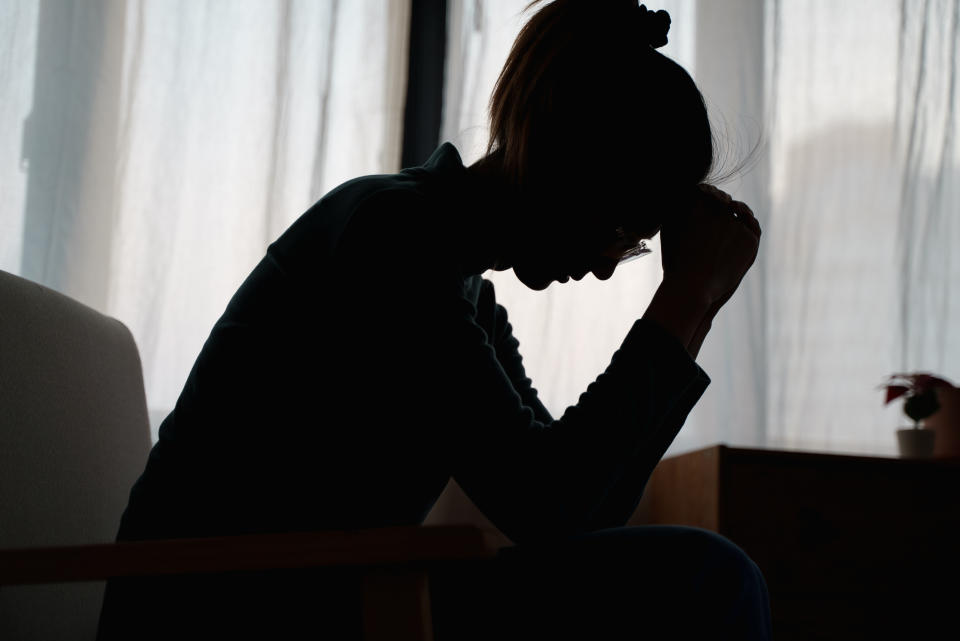

Stress and anxiety triggers your body’s sympathetic nervous system to produce a response to deal with the stress. “When the sympathetic nervous system gets activated and stress hormones are released, we might have higher blood pressure and heart rate, or we might have higher blood sugar levels,” Nobakht said.
This response is normal, she said, but if you’re constantly in a state of stress and it occurs for a prolonged period, it increases the risk of harm to your kidneys and other organs.
To counteract this, Nobakht suggested breaking up your work day with a relaxation practice, such as deep breathing or meditation.
They do not neglect their sleep.
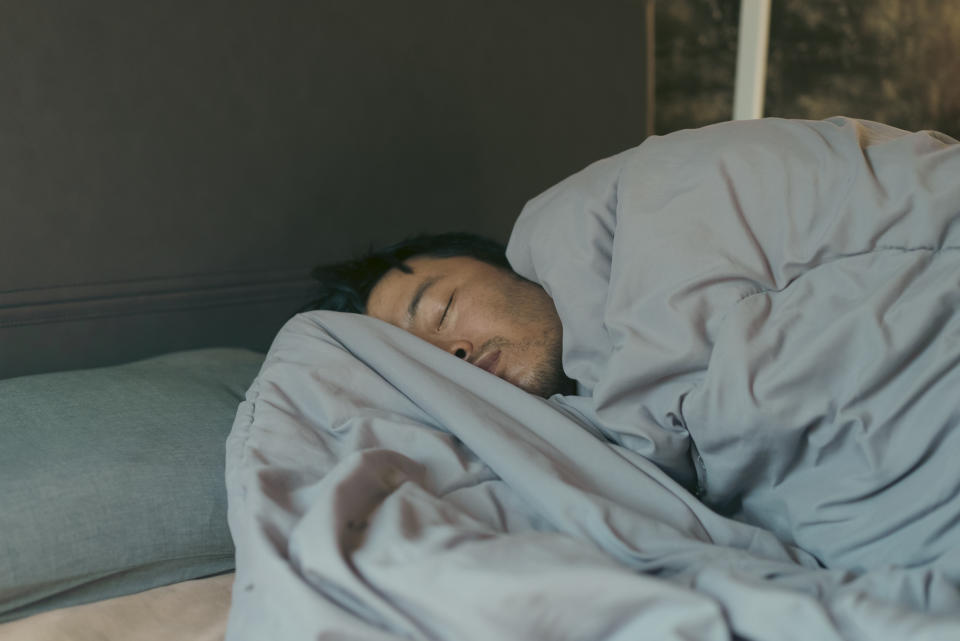

According to Nobakht, getting good-quality sleep for an appropriate number of hours matters for your kidney health. “Sleep quality and duration both help to regulate your nervous system and hormonal activity the day after,” she said, which in turn, regulates your blood pressure and blood sugar levels.
Aim for seven to nine hours of good-quality sleep that leaves you feeling refreshed and mentally sharp the next day.
They will not leave obstructive sleep apnea unmanaged.


Obstructive sleep apnea is characterized by gasping or choking at night, snoring, waking up in the middle of the night, and daytime sleepiness. Nobakht explained that it can cause uncontrolled high blood pressure, and should be treated by wearing a continuous positive airway pressure (CPAP) machine during sleep.
They do not neglect regular medical checkups and screenings.


“If you know you have risk factors for kidney disease, such as lot of family members who have kidney disease or diabetes or high blood pressure, you need to make sure you are seeing your doctor every year and having your blood pressure checked, having basic lab tests done in the office, and checking to make sure that you haven’t developed these health problems,” Sanchez said.
The earlier you detect kidney damage, the more steps you can take to prevent further deterioration.
They never smoke.
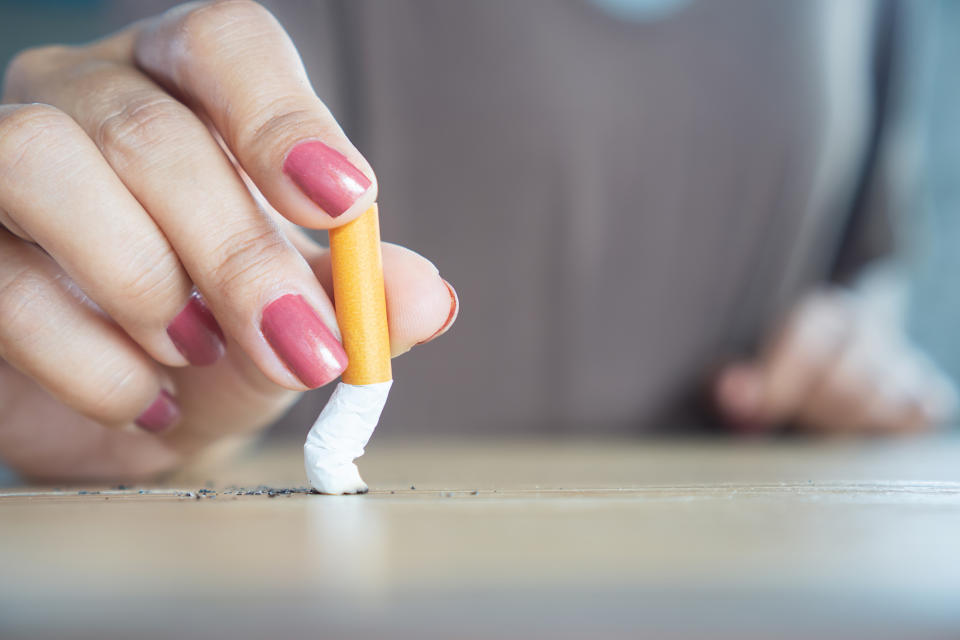

It’s important to stop smoking, Sanchez stressed. “The most common form of kidney cancer is renal cell carcinoma, and a big risk factor that is controllable is cigarette smoking.”
“Studies have shown if you stop smoking, the risk for kidney cancer goes away slowly over time,” Sanchez continued.
They would not follow a kidney diet they find on the internet without first consulting their doctor.
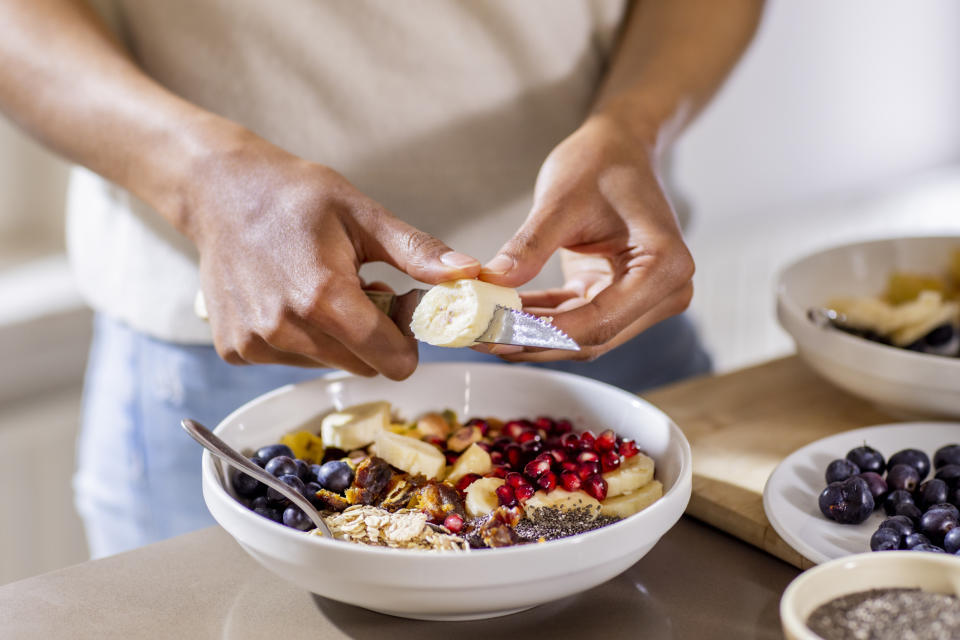

“Sometimes patients who have mild chronic kidney disease or no kidney disease will turn to the internet to see what types of food they should be eating, and they’ll instead come across foods that people with advanced chronic kidney disease should avoid eating,” Sanchez said.
A patient who has advanced chronic kidney disease or who is on dialysis may need to restrict their potassium, phosphate and protein intake because their kidneys are no longer able to process these compounds as well as they used to. The level of restriction is very individualized and differs from person to person, so it needs to be done under the guidance of your primary care physician or nephrologist.
“But for a patient who doesn’t have kidney disease or has a more mild form of chronic kidney disease, you really don’t want to be going on a low potassium, low phosphorus or low protein diet,” Sanchez said. You might miss out on a lot of nutritious foods by restricting these prematurely. This article originally appeared on HuffPost.
